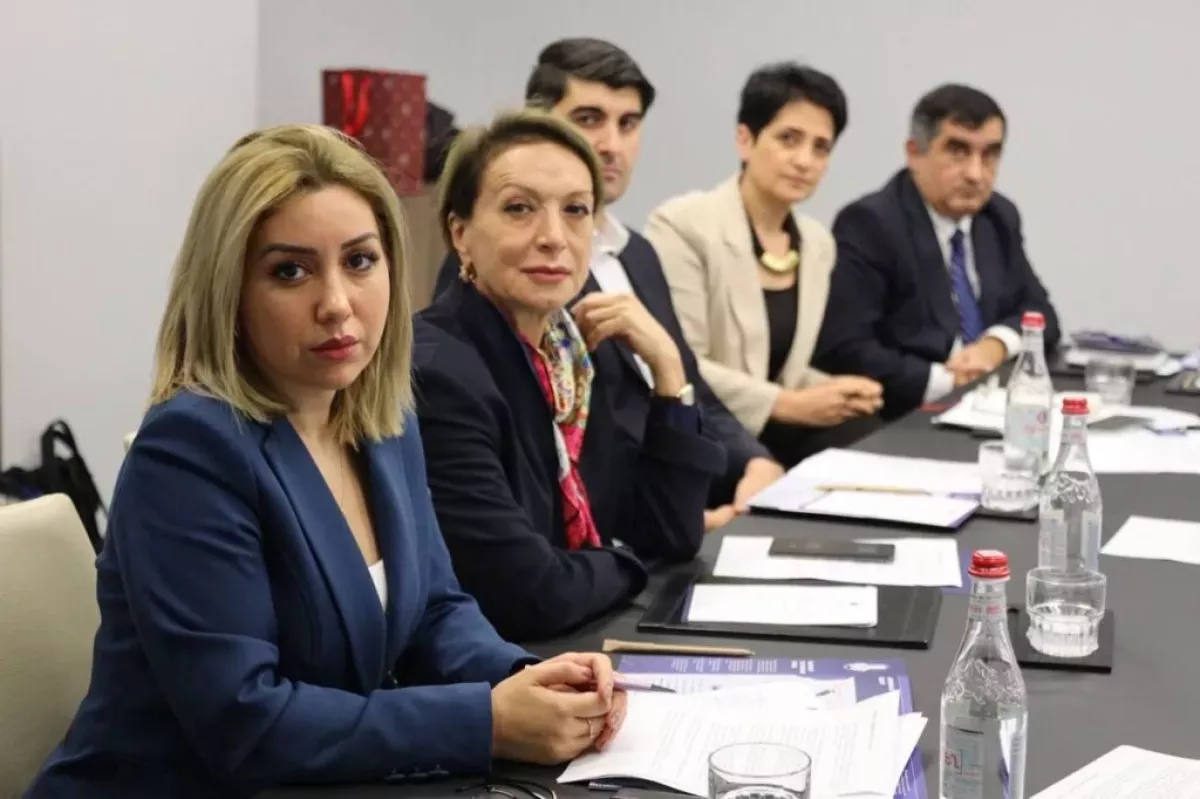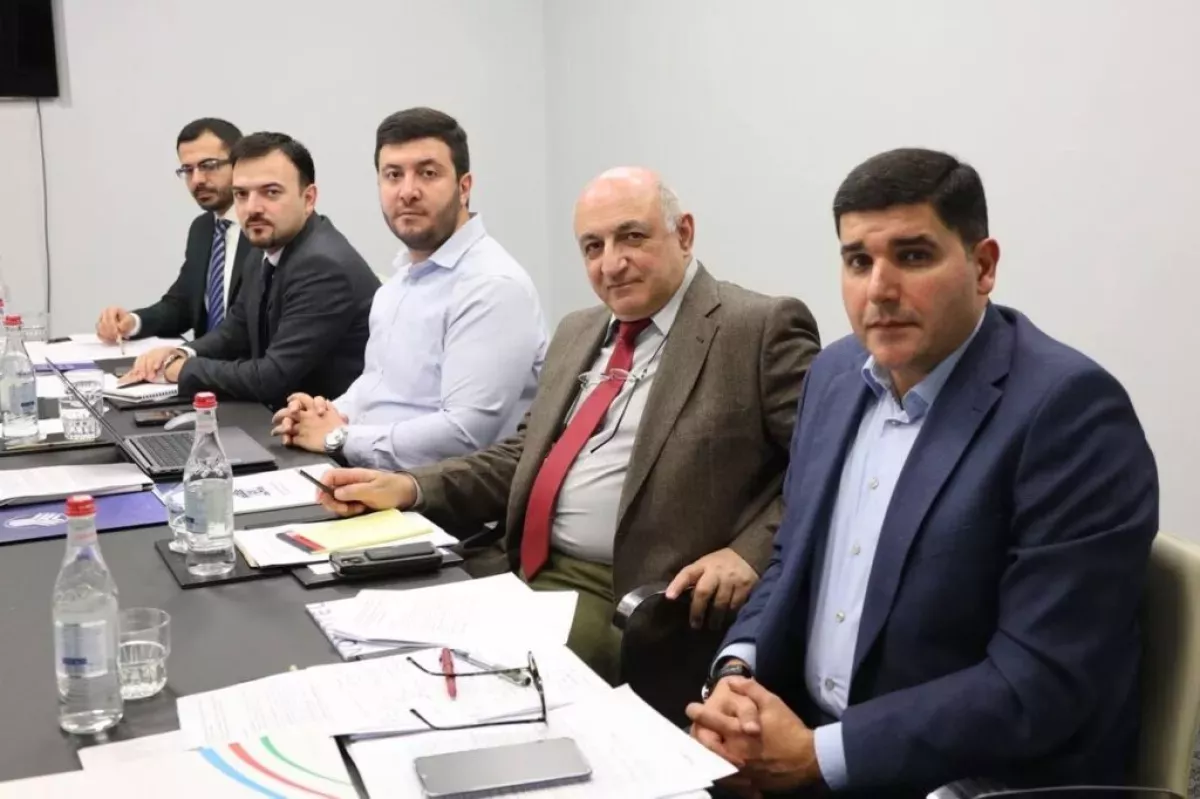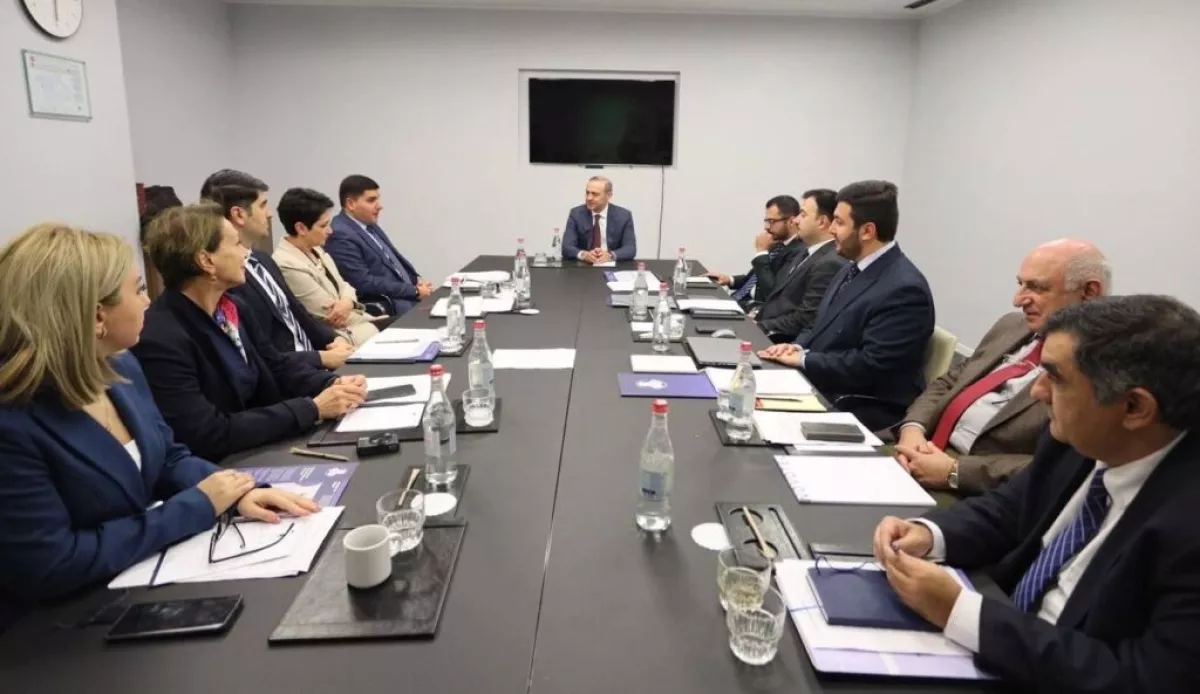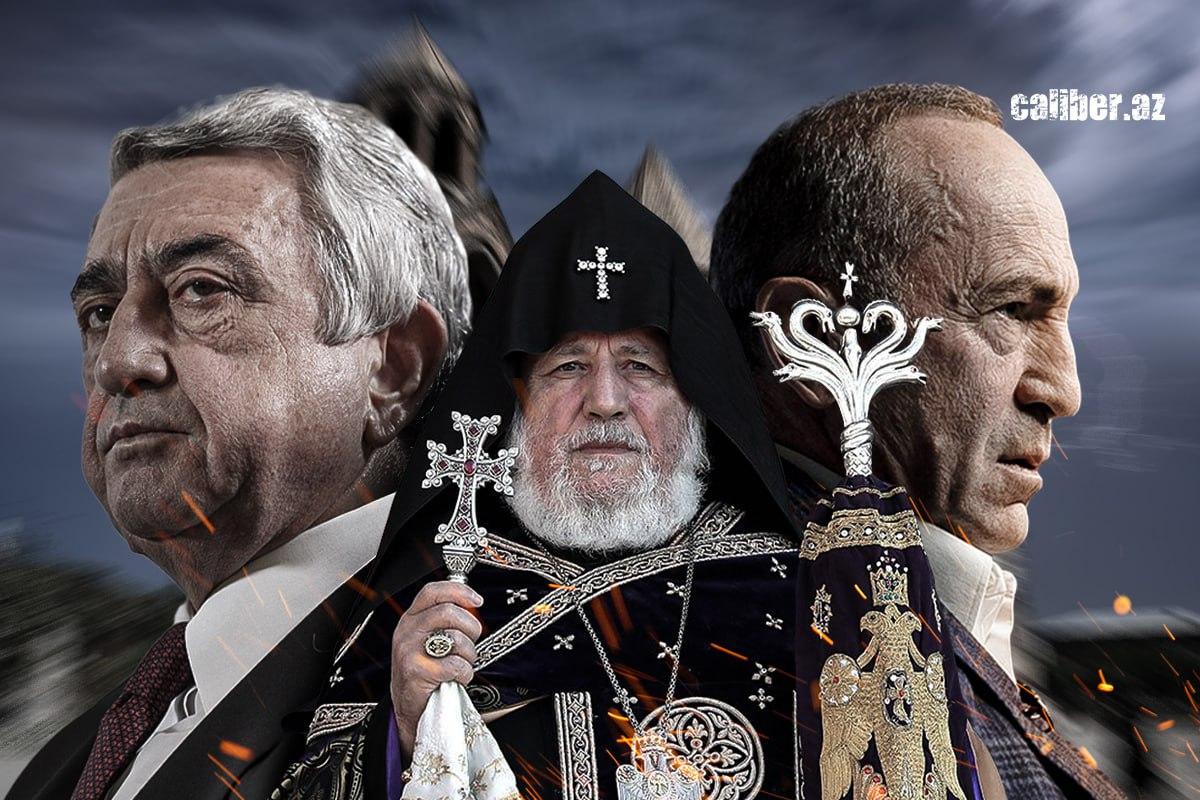Trust-building “icebreaker” Epilogue to the visit of Azerbaijanis to Yerevan
As Caliber.Az has already reported, on October 21–22, a meeting of civil society representatives from Azerbaijan and Armenia took place in Yerevan, dedicated to the process of building trust between the two countries. For the first time in more than thirty-five years, the first charter flight between Baku and Yerevan was operated. For the first time in many years, an Azerbaijani plane landed at Yerevan’s Zvartnots Airport. The event is, of course, historic.
It should be added that this became possible thanks to another historic event – the signing on August 8 of a Declaration by the leaders of Azerbaijan and Armenia together with the President of the United States in Washington. The Declaration emphasises the importance of maintaining and strengthening peace between the two countries and sets out the basic principles on which Baku and Yerevan are committed to building peace with each other: the inviolability of international borders and the inadmissibility of using force to acquire territory after the end of the conflict.

In full alignment with the spirit of the Washington Declaration, and recognising the importance of supporting negotiations between Azerbaijan and Armenia not only at the political level but also within civil society, a meeting of representatives from both countries’ civil societies was held in the Armenian capital as part of ongoing confidence-building measures.

During the discussions, participants explored a wide range of issues of mutual concern, including the prospects for the Armenia-Azerbaijan peace process, humanitarian matters, economic and logistical opportunities arising from the normalisation of relations, and additional confidence-building initiatives. Particular focus was placed on developing plans and identifying opportunities for joint actions by the group.

The initiative gained further significance through a meeting between Azerbaijani and Armenian civil society representatives and the Secretary of the Security Council of Armenia, Armen Grigoryan. This gathering helped ensure a shared vision and a coordinated approach toward achieving lasting peace between the governments and peoples of both countries. Notably, both Armenian and Azerbaijani organisations provided comprehensive and direct support throughout the event.

A distinctive feature of this meeting is that, for the first time, Western institutions remained outside the process. For many years, the West had been the main initiator of joint activities involving both Armenian and Azerbaijani participants. This often had significant drawbacks, as Western representatives tended to impose their own agendas. Today, Azerbaijan and Armenia are independently driving the trust-building process, setting the agenda for discussions themselves without external interference.
The inaugural meeting of civil society representatives, the friendly atmosphere in which it was held, and the planned long-term initiatives all highlight the importance of peaceful coexistence between the two countries. It should be emphasised that this is only the beginning, and the peoples of both nations have a long journey ahead. We must also remember that an entire generation has grown up under conditions of war.
The occupation of Azerbaijani territories had previously made such initiatives impossible. Moreover, the traumatic legacy of the thirty-year conflict still casts a long shadow. In both Azerbaijan and Armenia, there are individuals who are wary of these meetings and would prefer to remain isolated from one another behind a figurative wall. We cannot condemn them; it is important to note that life is often far simpler and more pragmatic than our preconceptions. If peace takes hold between the two countries, fostering connections between people will naturally follow.
At the same time, cooperation across all areas does not change the fact that Azerbaijan must—and will—stand firm in defending its national and state interests.

This is all the more relevant given that revanchist sentiments persist in Armenia, fueled by the Karabakh clan led by Kocharyan and Sargsyan, as well as the Armenian oligarchy in Russia, the diaspora, and the church. Fully aware that their time has long passed and that most of Armenia’s population strongly opposes them, they have decided to systematically exploit the Armenian Church in political struggles. Taking advantage of the Church’s traditional influence over Armenians, the Karabakh clan has placed clerics at the forefront of the protest movement.
These actions could well backfire: it is unlikely that the Karabakh clan will regain respect through the Church’s authority; on the contrary, the Church risks losing respect in Armenian society because of its alliance with the Karabakh group. In this regard, one can hope that reason will prevail within the Armenian Apostolic Church, and that we will finally see church leaders preaching peace rather than war with their neighbours.
Regular joint initiatives, combined with government measures to counter nationalist ideologies, will allow Armenian society to better understand a new reality—a reality in which cooperation with Azerbaijanis is essential, and conflict is not.








